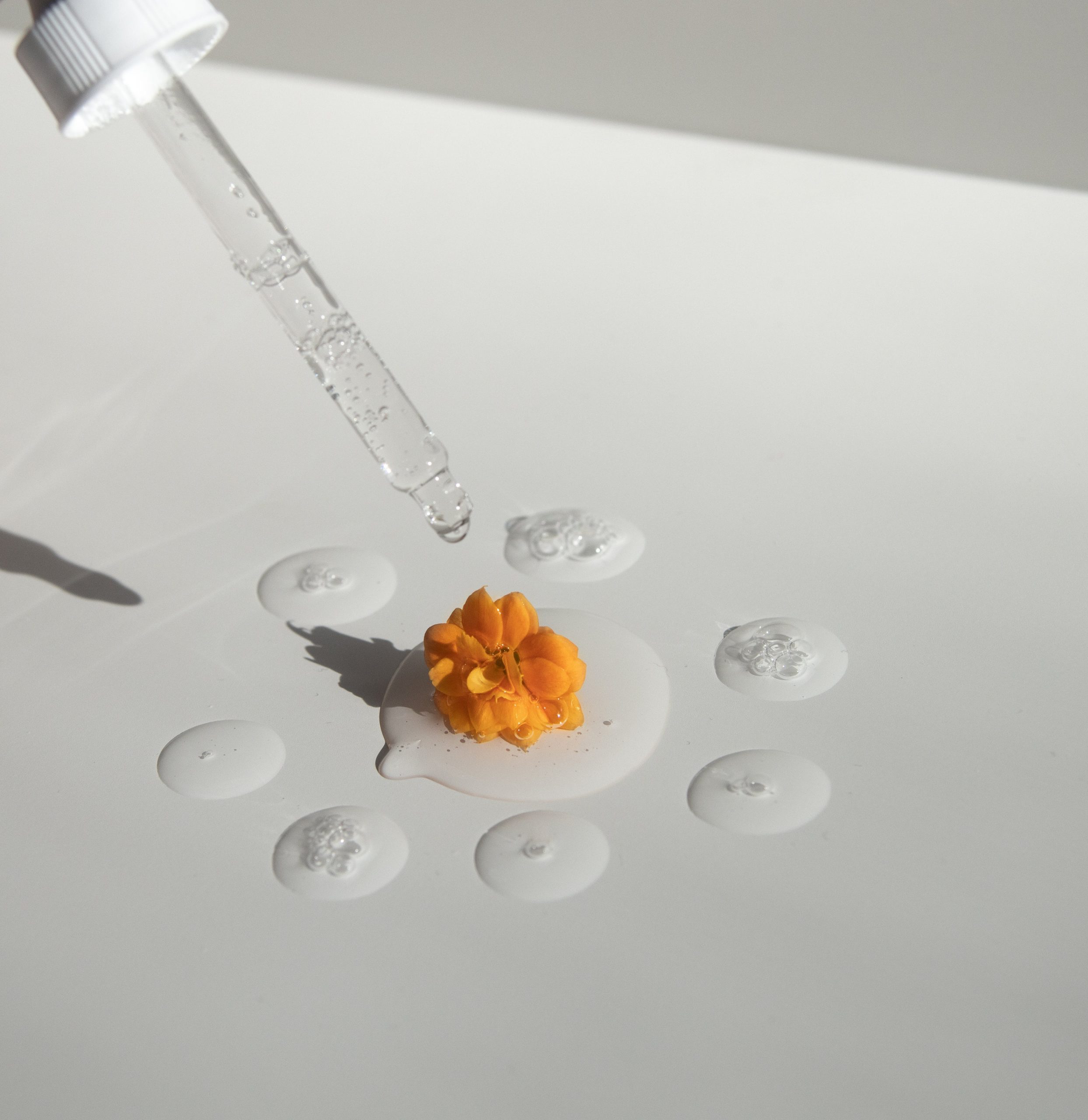Coping with Heavy Periods: Lifestyle Changes and Medical Solutions
Heavy periods, also known as menorrhagia, can be a debilitating condition that affects millions of women worldwide. The excessive bleeding and accompanying symptoms such as fatigue, cramps, and anemia can have a significant impact on daily life. Fortunately, there are both lifestyle changes and medical solutions that can help manage and alleviate the symptoms of heavy periods.
Lifestyle Changes
Dietary Modifications
One of the most effective ways to reduce heavy periods is through dietary modifications. Foods that are rich in iron, such as leafy greens, lean meats, and beans, can help prevent anemia caused by heavy bleeding. Additionally, avoiding caffeine and alcohol can help regulate hormone levels and reduce cramps. Incorporating more omega-3 fatty acids, found in fish and flaxseeds, can also help reduce inflammation and improve overall menstrual health.
Exercise
Regular exercise has been shown to reduce the severity of menstrual cramps and regulate hormone levels, which can help alleviate heavy periods. Activities such as yoga, Pilates, and aerobic exercise can improve blood flow and reduce stress, leading to a reduction in symptoms. Aim for at least 30 minutes of moderate exercise most days of the week to see the benefits.
Stress Management
Stress can exacerbate the symptoms of heavy periods, so finding healthy ways to manage stress is crucial. Practices such as mindfulness meditation, deep breathing exercises, and journaling can help reduce anxiety and improve overall well-being. Prioritizing self-care and setting boundaries in your personal and professional life can also help reduce stress levels.
Medical Solutions
Hormonal Therapy
For some women, hormonal therapy can help regulate menstrual cycles and reduce the severity of heavy periods. Birth control pills, hormonal IUDs, and hormonal injections can all help balance hormone levels and reduce the amount of blood flow during menstruation. Your healthcare provider can help determine the best hormonal therapy option for your individual needs.
Nonsteroidal Anti-Inflammatory Drugs (NSAIDs)
Over-the-counter NSAIDs such as ibuprofen and naproxen can help reduce the inflammation and pain associated with heavy periods. These medications work by inhibiting the production of prostaglandins, which are responsible for uterine contractions and pain. Taking NSAIDs at the first sign of heavy bleeding can help alleviate symptoms and improve your quality of life.
Endometrial Ablation
For women who have not found relief with other treatments, endometrial ablation may be recommended. This minimally invasive procedure uses heat, cold, or electricity to destroy the lining of the uterus, reducing or eliminating menstrual bleeding. Endometrial ablation is not a permanent solution and may need to be repeated over time, but it can provide significant relief for women with heavy periods.
Conclusion
Heavy periods can be a challenging and painful condition, but with the right lifestyle changes and medical treatments, you can effectively manage and alleviate your symptoms. By incorporating dietary modifications, regular exercise, stress management techniques, and working with your healthcare provider to explore medical solutions, you can improve your quality of life and regain control over your menstrual health.
Remember, every woman is unique, so it’s important to work with your healthcare provider to determine the best treatment plan for your individual needs. Don’t suffer in silence – seek help and explore your options for coping with heavy periods.


